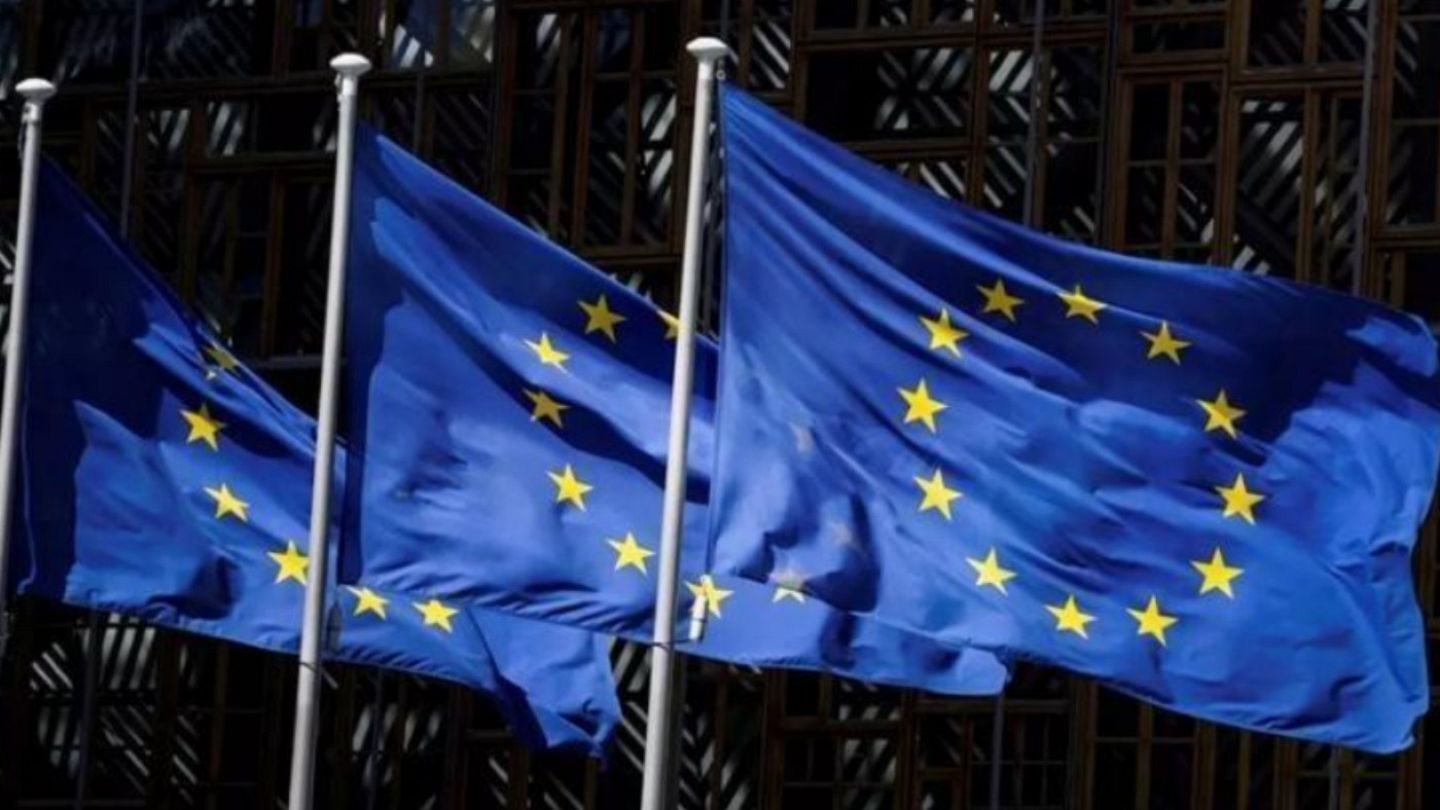EU countries want to respond to Trump's tariffs in a "balanced" manner.
On the other hand, the EU is expected to approve its first retaliation package targeting approximately $28 billion worth of U.S. imports, ranging from dental floss to diamonds, in response to Trump's steel and aluminum tariffs this week.
During a meeting on Monday, EU ministers largely agreed to prioritize the negotiation process regarding the tariffs imposed by U.S. President Donald Trump. However, on one hand, the EU has also begun preparing a 'targeted' retaliation package against these tariffs. Under the trade policy framework that Trump claims imposes high barriers on countries, the 27-member EU bloc is facing import tariffs of up to 25% on steel and aluminum and 25% on cars. Additionally, a 'reciprocal' customs duty of 20% on almost all products will come into effect on Wednesday.
EU trade ministers met in Luxembourg on Monday to discuss how to respond to this situation, and relations with China also came up. Most ministers stated that the priority should be to initiate negotiations to avoid a direct trade war. Dutch Trade Minister Reinette Klever said in a statement to reporters, “We must remain calm and respond in a way that reduces tensions. What we are seeing in the stock markets right now is a harbinger of what will happen if things escalate. But if necessary, we are ready to retaliate to bring the Americans to the table.”
European Commission President Ursula von der Leyen stated at a press conference in Brussels that they are ready to negotiate a 'zero-for-zero' customs tariff agreement for industrial products. However, it has been reported that the talks with Washington have been difficult so far. EU Trade Commissioner Maros Sefcovic described his two-hour meeting with U.S. counterparts on Friday as 'frank' and stated that he called the imposed tariffs 'harmful and unjustified.'
The first retaliation package is coming. The EU is expected to approve its first retaliation package targeting approximately $28 billion worth of U.S. imports, ranging from dental floss to diamonds, in response to Trump's steel and aluminum tariffs this week. However, even this step is problematic on its own: Trump threatened to impose a 200% customs duty on EU alcoholic beverages if the EU imposes a 50% tax on American bourbon whiskey. France and Italy, significant players in wine and spirits exports, are concerned about this situation.
A more comprehensive retaliation package from the EU is expected to be prepared by the end of April. This package will be implemented in response to tariffs on U.S. cars and other 'reciprocal' tariffs. However, when it comes to a customs war based on goods trade, Brussels has fewer cards than Washington. In 2024, U.S. exports to the EU are projected to remain at 334 billion euros, while EU exports to the U.S. will reach 532 billion euros.
French Trade Minister Laurent Saint-Martin stated that options like the 'Anti-Coercion Instrument' (ACI) should also be on the table. This tool allows the EU to target the U.S. service sector or restrict American companies' access to public tenders in the EU. Saint-Martin said, “We must not exclude any option, regardless of goods or services. We should also activate this comprehensive and, if necessary, quite aggressive tool that Europe has.”
However, some officials argued for caution. Irish Foreign Minister Simon Harris, whose country sends nearly a third of its exports to the U.S., described the ACI as a 'nuclear option' and said there is a general consensus that this option should not be pursued across the EU for now. German Economy Minister Robert Habeck, noting that his party (the Greens) would not be part of the newly formed government, emphasized that the EU is in a strong position as long as it remains united. Speaking at the meeting in Luxembourg, Habeck said, “The markets are already crashing, and the damage could grow even further… America is currently in a weak position,” indicating that Elon Musk’s hope for zero customs tariffs between Europe and the U.S. also demonstrates this situation.
However, Habeck continued with this warning: “If every EU country starts saying, ‘We have a problem with our red wine, with whiskey,’ we will ultimately have nothing left.”


